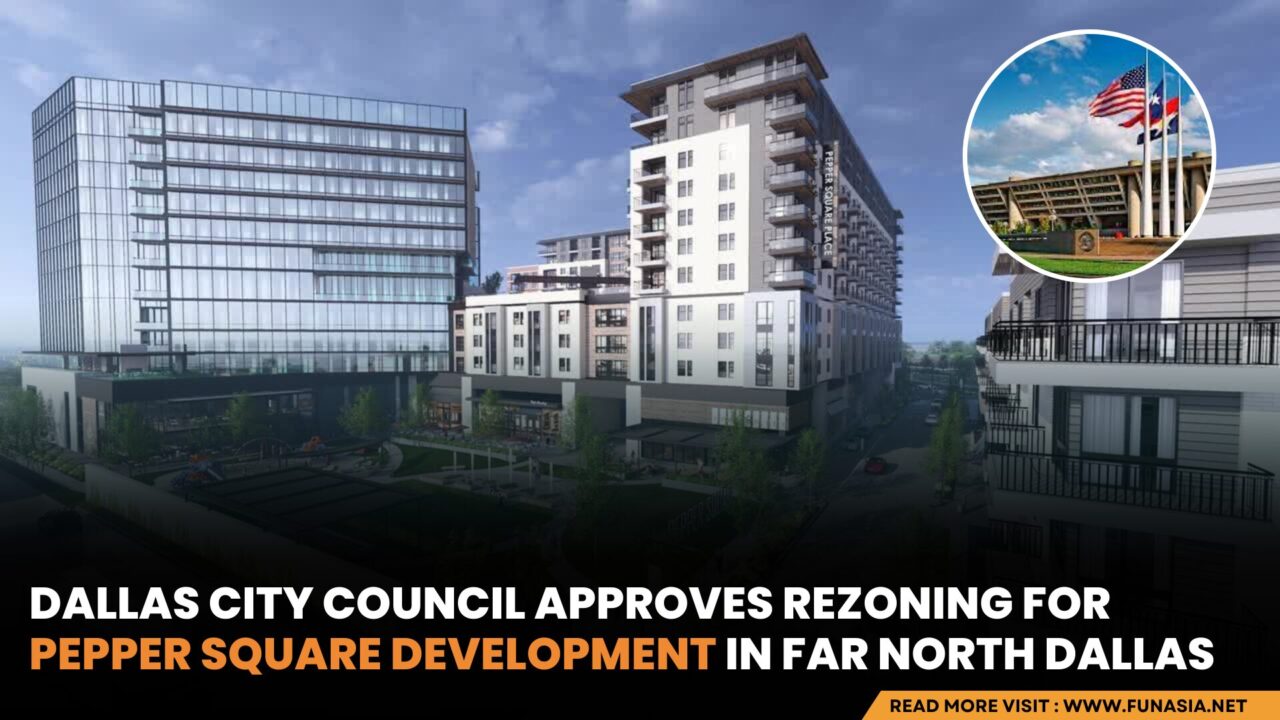
Dallas Embarks on Comprehensive Zoning Law Revisions to Tackle Housing Shortage
Dallas reevaluates its zoning laws to address housing shortage, aiming to simplify development processes and increase housing availability while balancing urban growth with community needs.
In a bold move to address its escalating housing shortage, the city of Dallas is reevaluating its long-standing land-use regulations. The initiative marks a significant step in the city’s efforts to keep pace with its growing population and evolving urban landscape. The proposed reforms aim to streamline the development process, encouraging the construction of more housing units, particularly in areas grappling with shortages.
The revision of these decades-old zoning laws is part of a larger trend among U.S. cities to modernize outdated regulations that have, over time, hindered urban development and housing availability. Dallas’s approach focuses on simplifying regulations to make it easier for developers to build new housing projects, especially in high-demand urban areas.
City officials and planners are considering a range of changes, including reducing red tape for developers, modifying density restrictions, and revising land-use policies to better accommodate mixed-use developments. These modifications are intended to spur a variety of housing options, from single-family homes to high-density apartment buildings, thereby catering to a diverse demographic.
The initiative has garnered mixed reactions. While many residents and housing advocates applaud the move as a crucial step towards solving the city’s housing crisis, some neighborhood groups express concerns over the potential impact on local character and infrastructure.
As the city forges ahead with these plans, it faces the challenge of balancing the urgent need for more housing with the preservation of neighborhood identities and ensuring adequate infrastructure to support a growing population.












